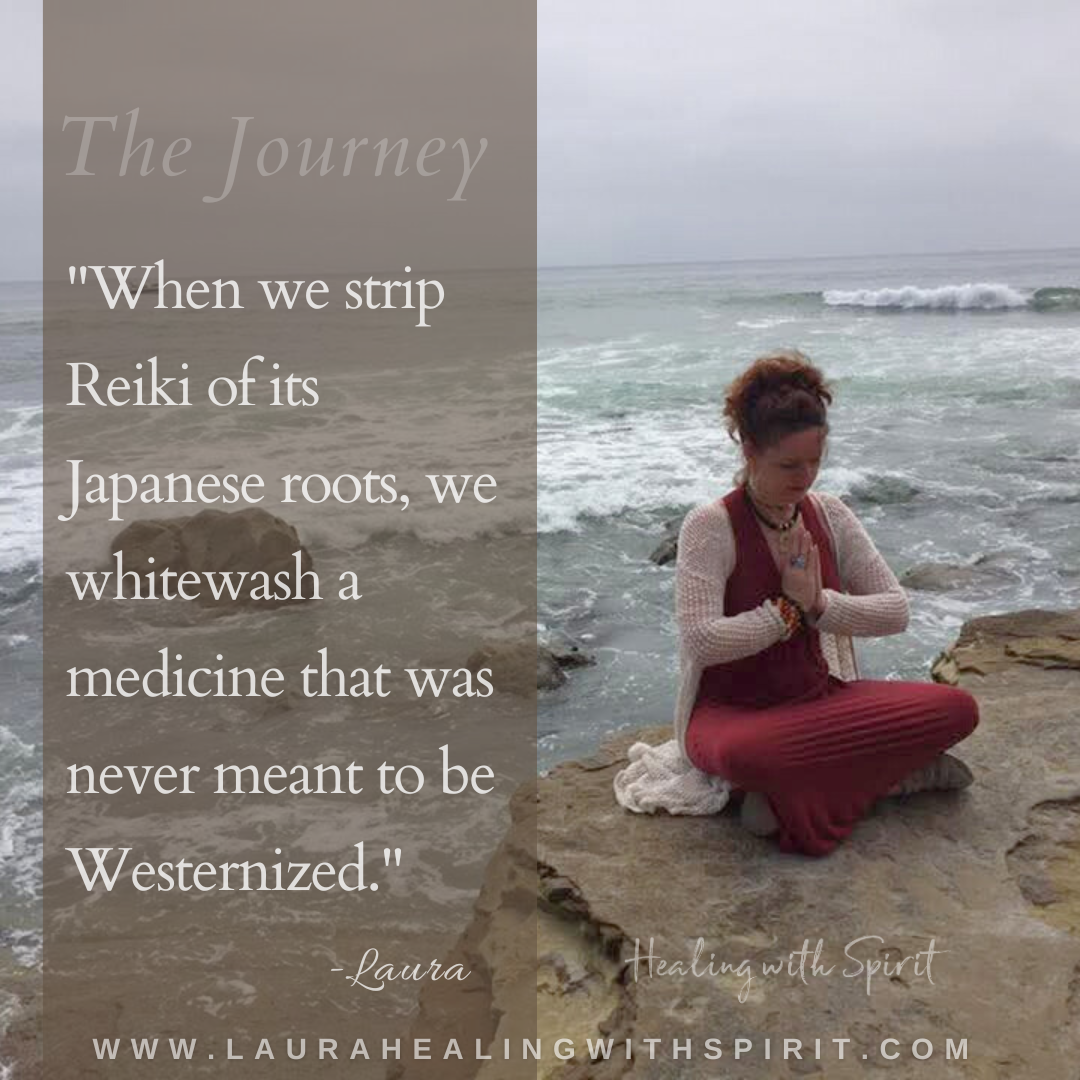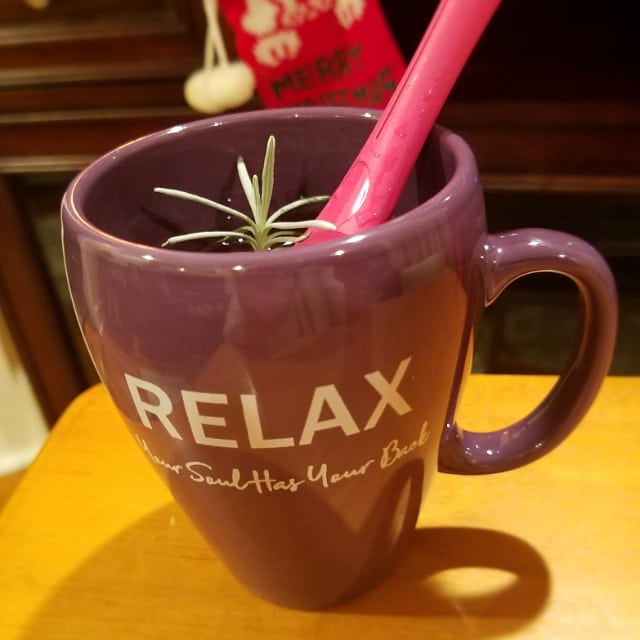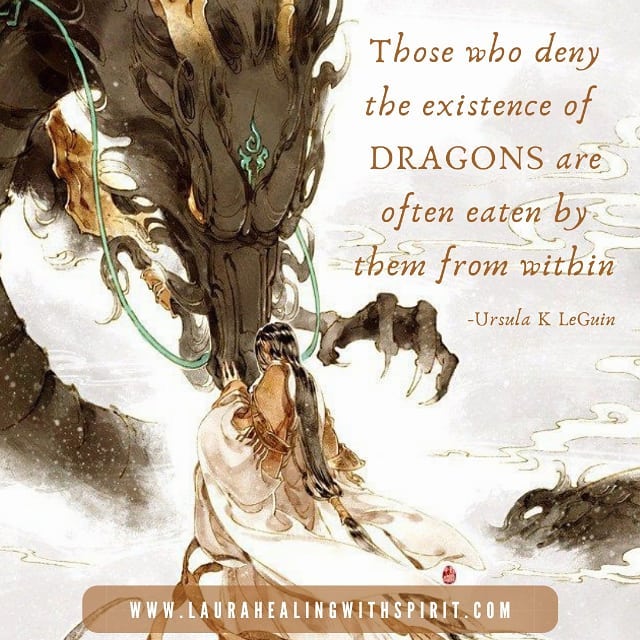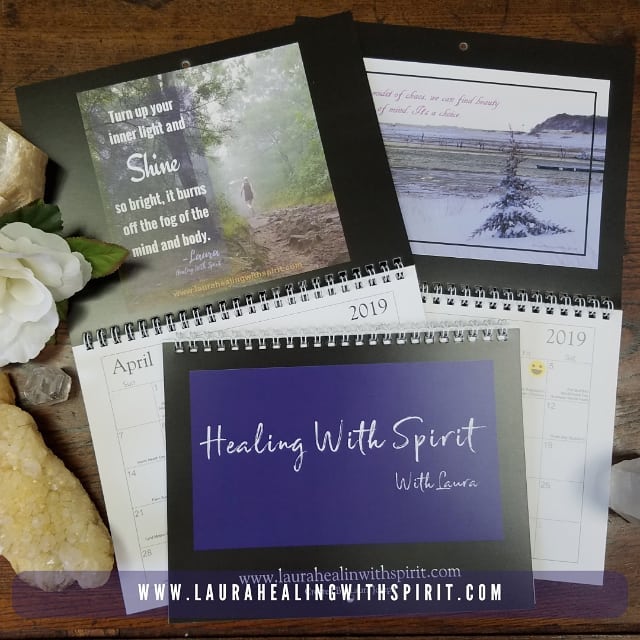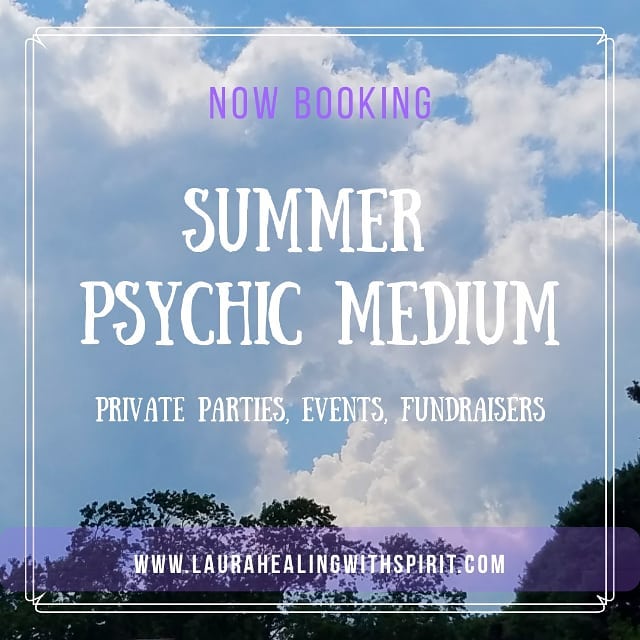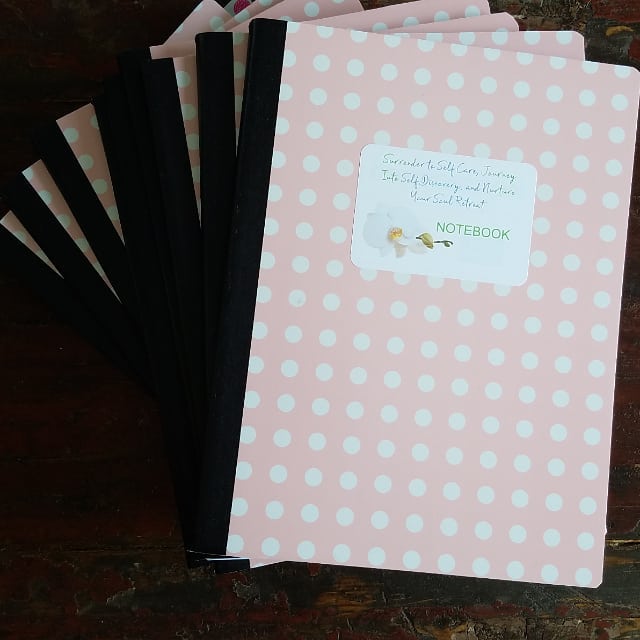As someone who has been practicing spiritually based integrative therapies since 2006, looking into using complimentary alternative medicine (CAM) for holistic treatment options as part of an addiction treatment program intrigues me. Personally, in my own recovery, not from addictions, but from complex post traumatic stress disorder or CPTSD, these therapies I credit for saving my life, reduced my need to be medicated and potentially reduced my risk for addictions.
In this post, I was hoping to learn more about how effective these therapies are in treatment for addiction, but have found limited scientific data.
 According to the Substance Abuse and Mental Health Services Administration (SAMHSA)[1], approximately 23 million Americans require treatment for a substance use problem, but only 2.5 million people in the U.S. receive treatment which includes:
According to the Substance Abuse and Mental Health Services Administration (SAMHSA)[1], approximately 23 million Americans require treatment for a substance use problem, but only 2.5 million people in the U.S. receive treatment which includes:
- pharmacotherapy, including medications to treat addiction or related mental health conditions;
- behavioral therapy, including well-known techniques like cognitive behavioral therapy(CBT),\
- motivational enhancement therapy (MET),
- and contingency management(CM);
- or a combination of pharmacotherapy and behavioral therapy.
As we are learning to understand, due to the complexity of how addiction affects each person, there is not one single treatment right for everyone.
With that said, even the best treatments cannot guarantee complete remission of addiction and drug-seeking behaviors, which is why integrating CAM approaches as part of the treatment option might improve the recovery outcomes.
Types of CAM approaches are separated into two categories:
- Natural products such as mineral, vitamins, herbals, Adaptogens like Ashwagandha and probiotics.
- Mind and body therapies such as yoga, chiropractic, osteopathic, meditation, massage, acupuncture, Thai chi, expressive arts, reiki, Chinese medicine, Ayurveda medicine, homeopathy, naturopathic medicine and more.
CAM treatments can benefit addiction treatment in at least three ways[2]:
- addiction prevention,
- increasing treatment compliance,
- and boosting treatment outcomes.
In the case of prevention, CAM interventions can be implemented to treat underlying conditions that commonly occur in association with addiction, such as mental illness and chronic pain. If these issues are addressed and managed early, addiction may never develop. For mental illness, there is good evidence to support that CAM strategies are effective in the treatment of post-traumatic stress disorder (PTSD), depression, and anxiety.[3]
 The Benefits of Adaptogens
The Benefits of Adaptogens
Adaptogens like Ashwagandha[4] root are natural substances that help the adrenal system regulate hormones and manage stress. Over recent years, I have seen how well Ashwagandha works for so many especially those with diagnosed with PTSD, anxiety, addictions, and sleep issues that have astounded me and have had reports of some in recovery who have used this as part of their treatment effectively.
One of the attributes of ashwagandha is its ability to induce calmness and clarity by regulating neurotransmitters such as serotonin and the stress hormone cortisol. Research has shown that consuming ashwagandha may “substantially” reduce chronic stress to help your body adapt to and alleviate the stomach-churning anxiety stress can cause. (Mercola)
Research indicates there’s a likelihood that ashwagandha may be useful for helping patients in opioid withdrawal as well as reducing or eliminating dependence on benzodiazapene drugs such as Xanax and Valium[5].
Equine Assisted Therapy
Statistics, data, and research is lacking in the field of complimentary alternative medicine. However, CAM approaches can be helpful by keeping the individual engaged and active in their course of addiction treatment.
One such technique is horse-assisted therapy (also known as equine-assisted therapy), an intervention that actively involves horses during the therapy process. Results show that people stayed in treatment for twice as many days and were much more likely to complete treatment than those in traditional programming.[6]
Mindfulness Based Approaches
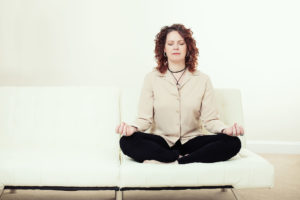 According to NCCIH, mindfulness-based approaches have shown some success when applied to the treatment of substance abuse and addiction by improving distress tolerance.[7]
According to NCCIH, mindfulness-based approaches have shown some success when applied to the treatment of substance abuse and addiction by improving distress tolerance.[7]
Available data suggest that mindfulness-based interventions may help significantly reduce the consumption of several substances including alcohol, cigarettes, opiates, and others compared to control groups; however, many studies have had small sample sizes, methodological problems, and a lack of consistently replicated findings.
Other types of CAM treatments studied with effectiveness include[8]:
- Mindfulness meditation has been effective in reducing cigarette use and reducing cravings.
- Mindfulness Based for Reduction in Pain: A 2016 review also found that mindfulness-based interventions effectively reduce pain intensity, improve functional status, improve pain-related psychological consequences, and improve quality of life; they can also be used as adjunct therapy aimed at improving health-related quality of life in individuals with substance use disorders interested in self-management strategies.
- Mindfulness Based For Reduction of Consumption: A 2014 systematic review of 24 studies found evidence suggesting that mindfulness-based interventions can reduce the consumption of several substances including alcohol, cocaine, amphetamines, marijuana, cigarettes, and opiates to a significantly greater extent than wait list controls, non-specific educational support groups, and some specific control groups.
- Hypnotherapy study in 2014 found that hypnotherapy patients were more
 likely than nicotine replacement therapy patients to be nonsmokers at 12 weeks and 26 weeks after hospitalization.
likely than nicotine replacement therapy patients to be nonsmokers at 12 weeks and 26 weeks after hospitalization. - Yoga has been shown to reduce cravings and to ease withdrawal from nicotine, with stronger results in women.
- Thai chi seems to enhance mindfulness and one’s ability to break the cycle of nicotine addiction.
- Acupuncture has been studied with a number of addictions.Most notably, electric acupuncture has helped to reduce relapse rates for people addicted to opioids.
Several studies have used functional magnetic resonance imaging to examine the effects of mindful attention on the anterior cingulate and prefrontal cortex in smokers, the areas of the brain associated with cravings and self-control.
In a 2017 study of 23 participants who completed either mindfulness training or cognitive behavioral treatment for smoking cessation, the researchers found that stress reactivity in several brain regions including the amygdala and anterior/mid insula was related to reductions in smoking after treatment.[9] The findings suggest that reduction in stress reactivity may be one of the underlying mechanisms of mindfulness-based treatments.
The Benefits of Tibetan Singing Bowls
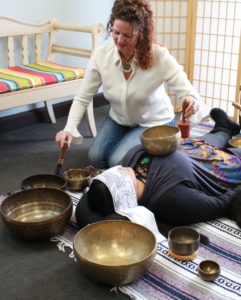 Tibetan Singing Bowls[10] have been used by Tibetan monks for centuries for healing and meditation purposes. These bowls create a range of sounds to restore the normal vibratory frequencies of diseased and out-of-harmony parts of the body, mind and soul.
Tibetan Singing Bowls[10] have been used by Tibetan monks for centuries for healing and meditation purposes. These bowls create a range of sounds to restore the normal vibratory frequencies of diseased and out-of-harmony parts of the body, mind and soul.
A 2016 study examined the effects of sound meditation, specifically Tibetan singing bowl meditation, which “concluded that Tibetan singing bowl meditation may be a feasible low-cost low technology intervention for reducing feelings of tension, anxiety, and depression, and increasing spiritual well-being. This meditation type may be especially useful in decreasing tension in individuals who have not previously practiced this form of meditation.”[11]
Although the study results are brief, I find it promising. I began using Tibetan singing bowls in my work in 2015 as something I felt drawn to do on an instinctual basis for my own healing. As someone who has a history of trauma resulting in CPTSD, I welcome this study.
I went through the traditional medicinal route and felt I was given a band-aid with a wound that continued to grow and fester with no relief in sight. So since 2005, I began looking into me. Who I am, and how can I heal especially when my very trust in humanity was so broken. I went up into the spiritual unknown to build my trust in my spirituality.
“If we accept that sound is vibration and we know that vibration touches every part of our physical being, then we understand that sound is heard not only through our ears but through every cell in our bodies. One reason sound heals on a physical level is because it so deeply touches and transforms us on the emotional and spiritual planes. Sound can redress imbalances on every level of physiologic functioning and can play a positive role in the treatment of virtually any medical disorder.” — Dr. Mitchell Gaynor
Reiki For Addiction
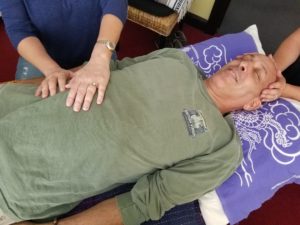 Other potential viable options also include reiki. Since traditional nonwestern forms of reiki (Jikiden Reiki[12]) has been prevalent in my own personal healing path as well as with those I have treated and/or taught who are in recovery, I looked into reiki research. Jikiden Reiki® is the “direct teaching” of Reiki from Japan that is free from Western influence. The word Reiki itself means “soul energy”, which is the natural, vital healing force found in all life.
Other potential viable options also include reiki. Since traditional nonwestern forms of reiki (Jikiden Reiki[12]) has been prevalent in my own personal healing path as well as with those I have treated and/or taught who are in recovery, I looked into reiki research. Jikiden Reiki® is the “direct teaching” of Reiki from Japan that is free from Western influence. The word Reiki itself means “soul energy”, which is the natural, vital healing force found in all life.
Jikiden Reiki® sessions focus on removing toxins from the body and guiding it towards wholeness. Jikiden Reiki is known for its effective treatment of acute and chronic conditions, as well as to address deep rooted beliefs, habits, traumas and addictions. Reiki has been effective treatment option like alleviating pain, pre-op and post-op surgery recovery, anxiety, skin conditions and post-traumatic stress.
Unfortunately, I was unable to find a quality study on the effectiveness of reiki for addiction, but found numerous individual accounts of addiction and recovery on how reiki helped their own recovery as evidence.
According to the Rehab Center which offers reiki therapy, states “alternative medicine, like Reiki therapy, for addiction has been successful for some individuals, but is likely only effective when it meets the unique needs and beliefs of the person”.[13]
Benefits include according to this site:
- may help an individual with some aspects of recovery
- boost energy
- lower stress
- reduce pain
- help with symptoms of withdrawals
- reduce agitation
- promote relaxation,
- may also help a person remain calm during the early and stressful stages of addiction treatment.
According to Sober Nation, if done within the few first days of detox, Reiki therapy may help make withdrawal symptoms more tolerable to endure. Secondly, people are better able to deal with stress of recovery and life in a healthier manner.[14]
Additionally, Reiki therapy for drug and alcohol addiction also helps those newly recovering deal with anger and resentments which are common triggers that can lead people back into active addiction. I have personally witnessed this aspect in my own practice when reiki is used effectively from a qualified practitioner. Reiki therapy also helps repair the physical and psychological damage that addiction causes and allows the individual to get back on a path towards a healthy lifestyle.[15]
I did find one recovery site that had concerns regarding reiki “detoxication” which can be explained simply from my experience.[16] Most Americans are trained in some form of “westernized” reiki which is NOT the full scope of training as it was taught in Japan with many added “new age” concepts. When the traditional training is adhered to which takes decades to master, the so called “reiki detoxification” mentioned has been reduced by 90% with a 90% reduction of intensification from my own personal experience of doing THIS work since 2006.
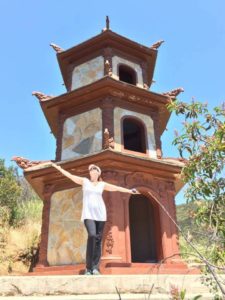 Final Thoughts
Final Thoughts
Overall, there is a lack of evidence to support the use of many forms of CAM despite numerous individual claims of benefit. I can personally attest to this so-called phenomena. For this reason, most of the sites I researched urged “caution” in initiating CAM treatments due to lack of safety.
This only makes me question is this due to the lack of research or money lobbied by big business, wall street and Big Pharma. I say this because known therapies such as meditation and yoga have repeatedly been shown to be effective and safe and have been effectively practiced as part of a spiritual based practice for thousands of years.
I also feel that how is it possible to quantify and make quantitative something that is spiritually based like yoga, reiki, Thai chi, or meditation just to name a few which can vary based on personal beliefs, spiritual beliefs, and experiences that at the end of the day are all personal.
This is not a one shoe fits all approach. It takes someone skilled at knowing their clients, their needs and belief systems to know which approach is best suited for them. It is part of what I consider the spiritual journey. These therapies are different from other forms of spiritually based therapies as they are free from religious indoctrination and dogma and tap into the something that links all spiritual beliefs that are our innate BE-ing.
Based on what my research is showing and from my own personal experiences, the results of implementing complimentary alternative medicine as part of a treatment plan can be very promising with much less serious if not deadly side effects seen in traditional medical approaches and can be used as part of a treatment program during ALL stages addiction treatment.
 I am hoping you found this guide helpful. This is just the tip to what is possible and plausible.
I am hoping you found this guide helpful. This is just the tip to what is possible and plausible.
I would LOVE to hear from you as to what you found most resourceful for you
With appreciation,
Laura
Spiritual Medium, Healer, Speaker, Writer, Metaphysician, Advocate, Holistic Health Practitioner, Facilitator, Trauma Specialist, Empowerment Specialist and Spiritual Badass.
For more information about classes, click here and our events calendar, click here.
To book a private session, click here.
Follow me on Facebook, Instagram, LinkedIn, YouTube.
Disclaimer
Please note that content on this website is intended for informational purposes only, and is not intended as a substitute for the advice provided by your physician or other healthcare professional, not is it meant to diagnose or treat a health problem, symptom or disease. Always speak with your physician or other healthcare professional before taking any medication or nutritional supplement, or using any treatment for a health problem. If you have or suspect that you have a medical problem, contact your health care provider promptly. Do not disregard professional medical advice or delay in seeking professional advice because of something you have read on this website. Information provided on this website DOES NOT create a doctor-patient relationship between you and any doctor affiliated with our website.
RESOURCES:
[1] U.S. Department of Health & Human Services; The Substance Abuse and Mental Health Services Administration; (2014); https://www.samhsa.gov/; https://www.ncbi.nlm.nih.gov/books/NBK385055/pdf/Bookshelf_NBK385055.pdf
[2] National Rehab Directory by American Addiction Centers; Complementary and Alternative Treatment for Drug Addiction; Eric Peterson; (November 4, 2019); https://www.rehabs.com/complementary-alternative-medicine-for-addiction/
a href=”#_ftnref3″ name=”_ftn3″>[3] National Rehab Directory by American Addiction Centers; Complementary and Alternative Treatment for Drug Addiction; Eric Peterson; (November 4, 2019); https://www.rehabs.com/complementary-alternative-medicine-for-addiction/
[4] Why Ashwagandha Root Could Be The Cure For The Western Epidemic of Stress Related Illness; Laura Joseph; November 2018; https://laurahealingwithspirit.com/why-ashwagandha-root-could-be-the-cure-for-the-western-epidemic-of-stress-related-illness/
[5] How the War on Drugs Has Caused More Harm Than Good; April 7, 2016; Dr. Mercola; https://articles.mercola.com/sites/articles/archive/2016/04/07/war-on-drugs-opioids.aspx
[6] Kern-Godal, A., Arnevik, E. A., Walderhaug, E., & Ravndal, E. (2015). Substance Use Disorder Treatment Retention and Completion: A Prospective Study of Horse-Assisted Therapy (HAT) for Young Adults. Addiction Science & Clinical Practice, 10, 21.; https://ascpjournal.biomedcentral.com/articles/10.1186/s13722-015-0043-4
[7] National Institutes of Health; National Center for Complementary and Integrative Health; Mind and Body Approaches for Substance Use Disorders; (April 2018); https://nccih.nih.gov/health/providers/digest/Substance-Disorders<
[8] National Institutes of Health; National Center for Complementary and Integrative Health; Mind and Body Approaches for Substance Use Disorders; (April 2018); https://nccih.nih.gov/health/providers/digest/Substance-Disorders-science#hed5
[9] National Institutes of Health; National Center for Complementary and Integrative Health; Mind and Body Approaches for Substance Use Disorders; (April 2018); https://nccih.nih.gov/health/providers/digest/Substance-Disorders-science#hed5
[10] Vibrational Healing/Tibetan Singing Bowls; Healing With Spirit; https://laurahealingwithspirit.com/services/meditation/vibrational-healing-tibetan-singing-bowls/
[11] Medical Study of the Effects of Singing Bowl Sound Meditation on Mood, Tension, and Well-Being; Healing With Spirit; November 18, 2016; https://laurahealingwithspirit.com/medical-study-of-the-effects-of-singing-bowl-sound-meditation-on-mood-tension-and-well-being/
[12] Jikiden Reiki Services; Healing With Spirit; https://laurahealingwithspirit.com/services/reiki/jikiden-reiki-services/
[13] Addiction Campuses; Reiki Therapy For Addiction; Medically reviewed by Isaac Alexis, M.D., AAMA, AMP-BC; (January 24, 2019); https://www.rehabcenter.net/reiki-therapy-for-addiction/
[14]Behavioral Health Innovators; Sober Nation; Holistic Therapy Spotlight: Reiki Therapy for Addiction; Tim Powers; (3/24/2016); https://sobernation.com/holistic-therapy-spotlight-reiki-therapy-for-addiction/
[15] Behavioral Health Innovators; Sober Nation; Holistic Therapy Spotlight: Reiki Therapy for Addiction; Tim Powers; (3/24/2016); https://sobernation.com/holistic-therapy-spotlight-reiki-therapy-for-addiction/
[16] Axis Recovery; Reiki Detox Therapy; https://axisresidentialtreatment.com/drug-detox/reiki-therapy/

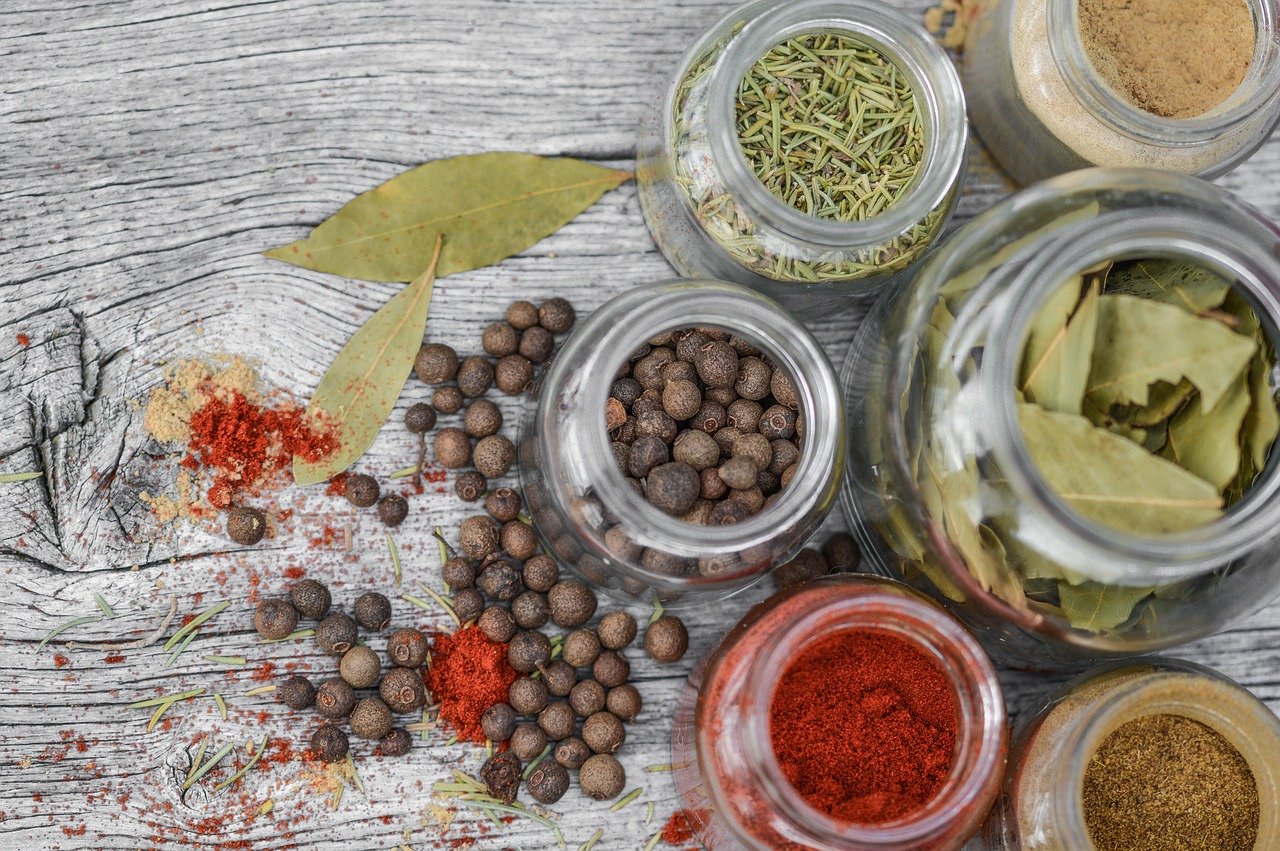
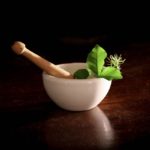
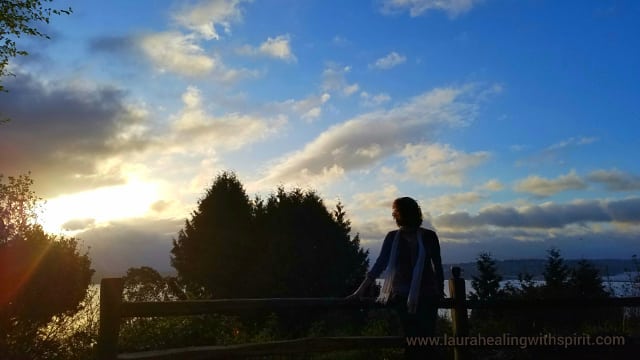
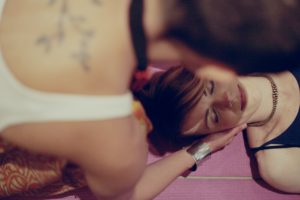
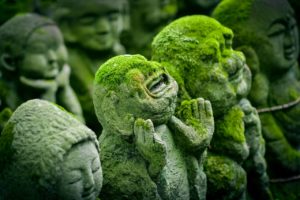
 Join in the conversation
Join in the conversation 
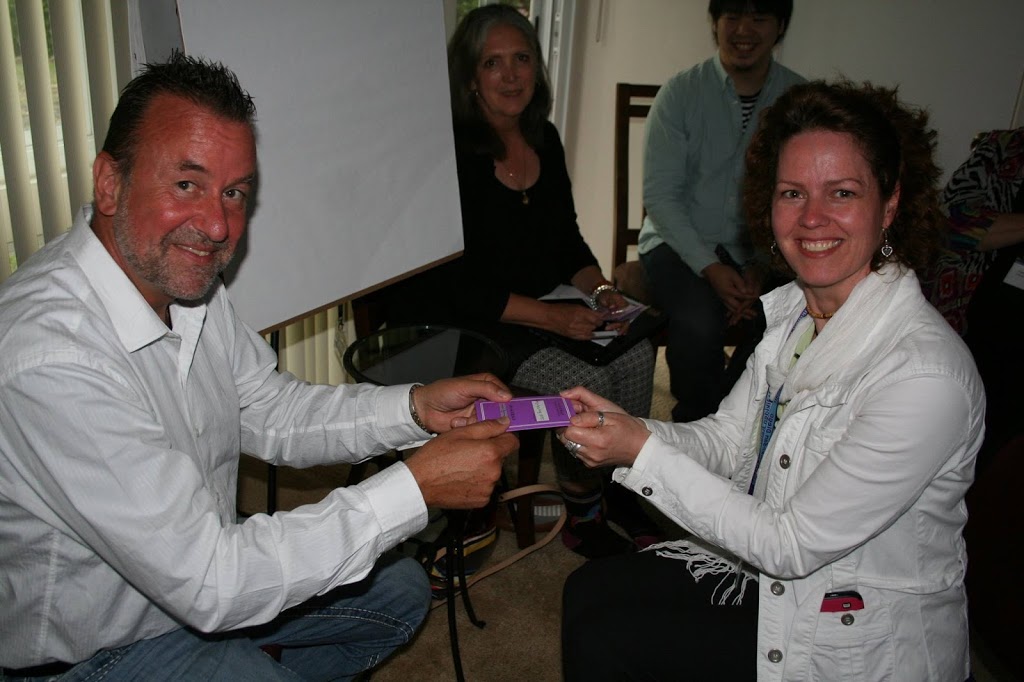






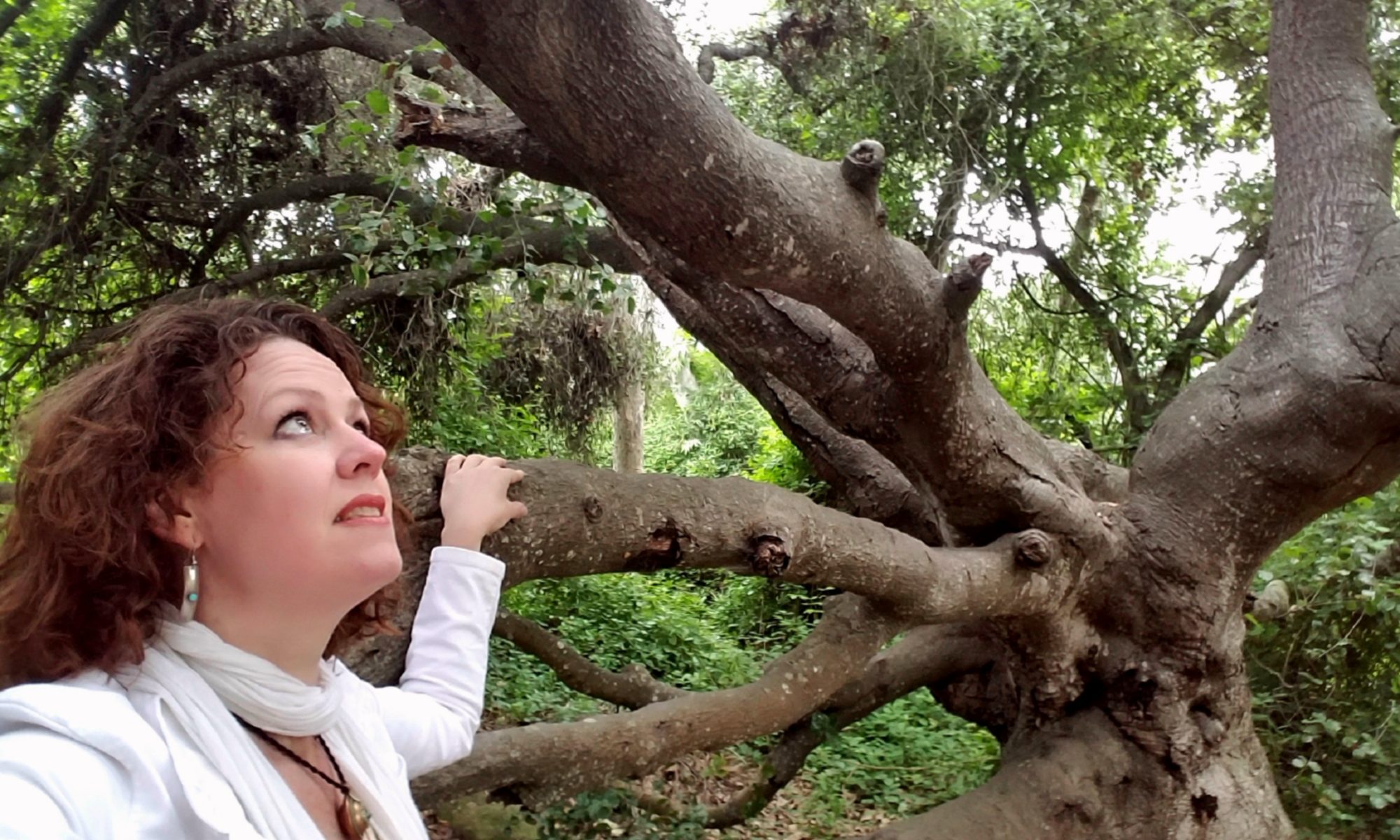
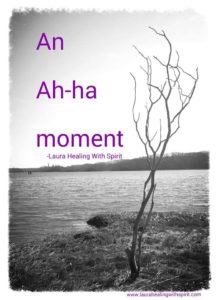 The Back St
The Back St

